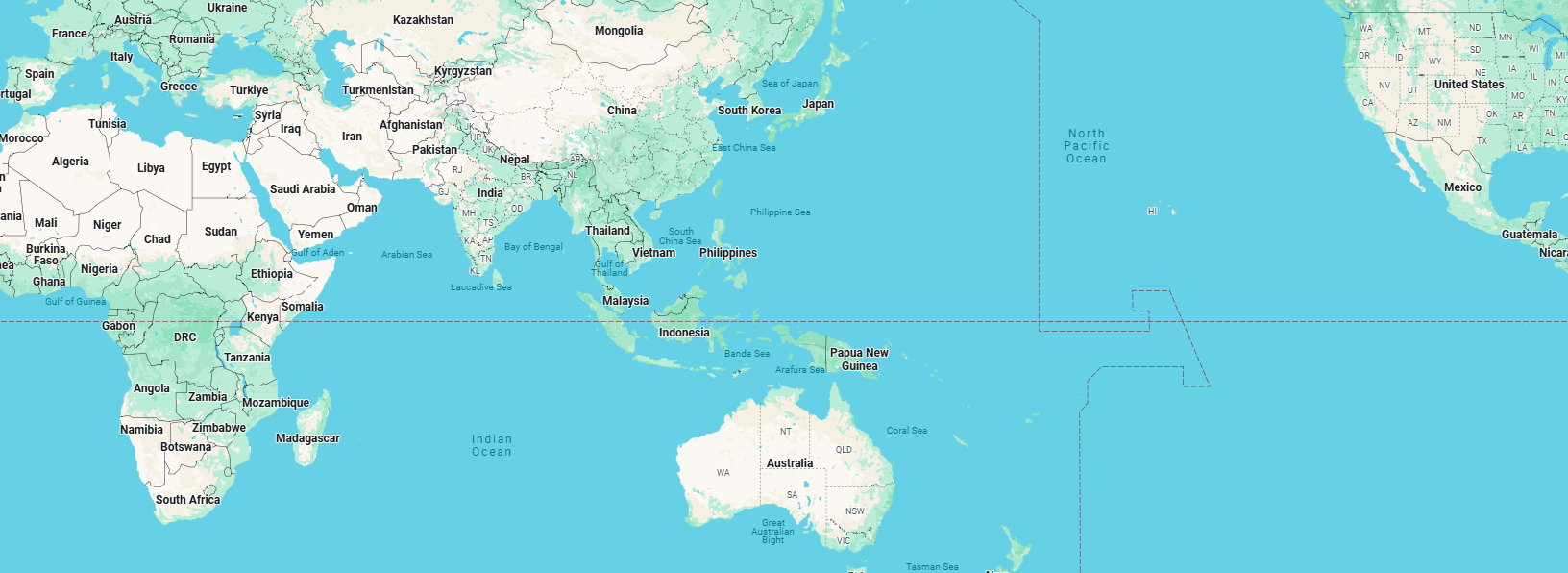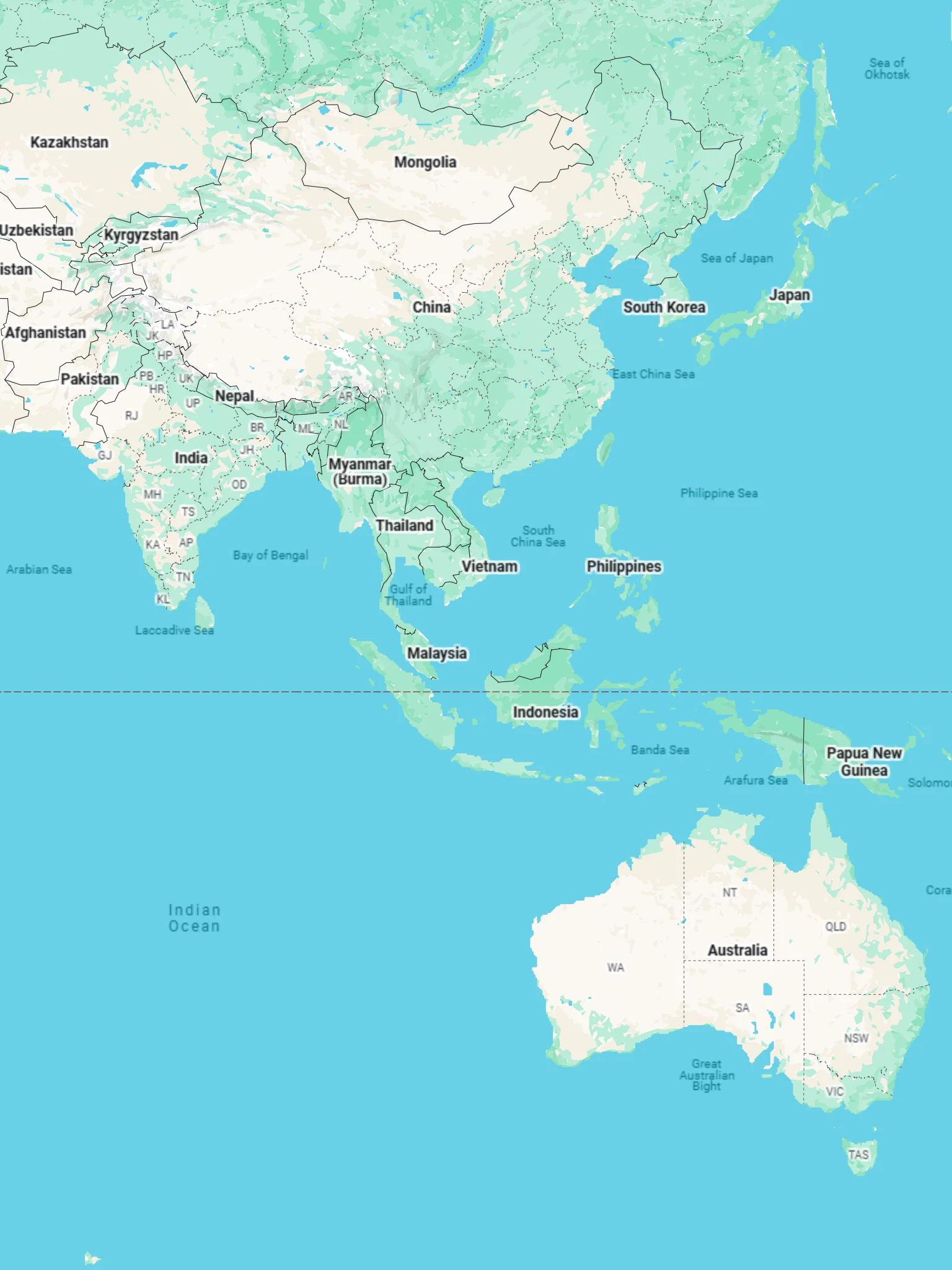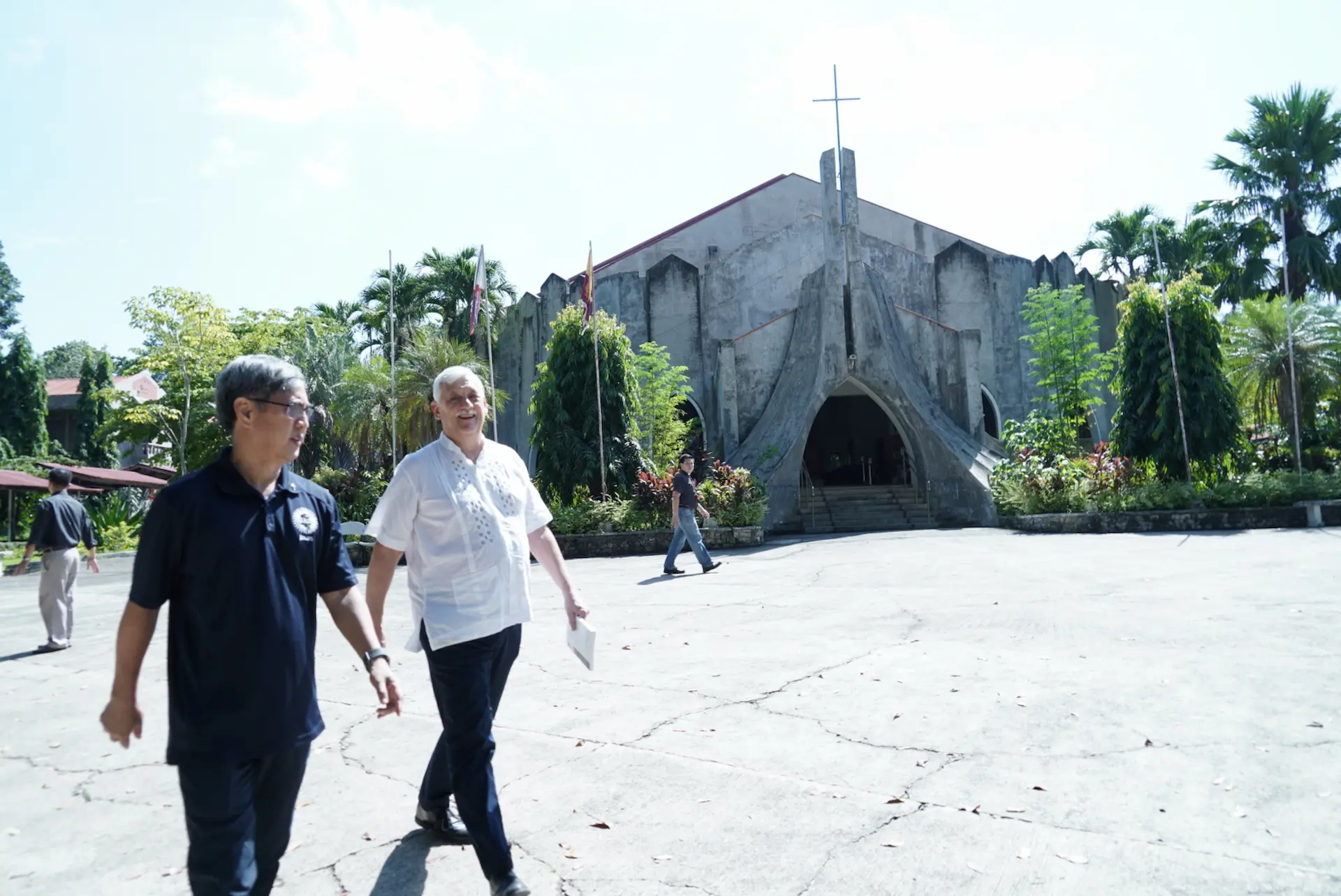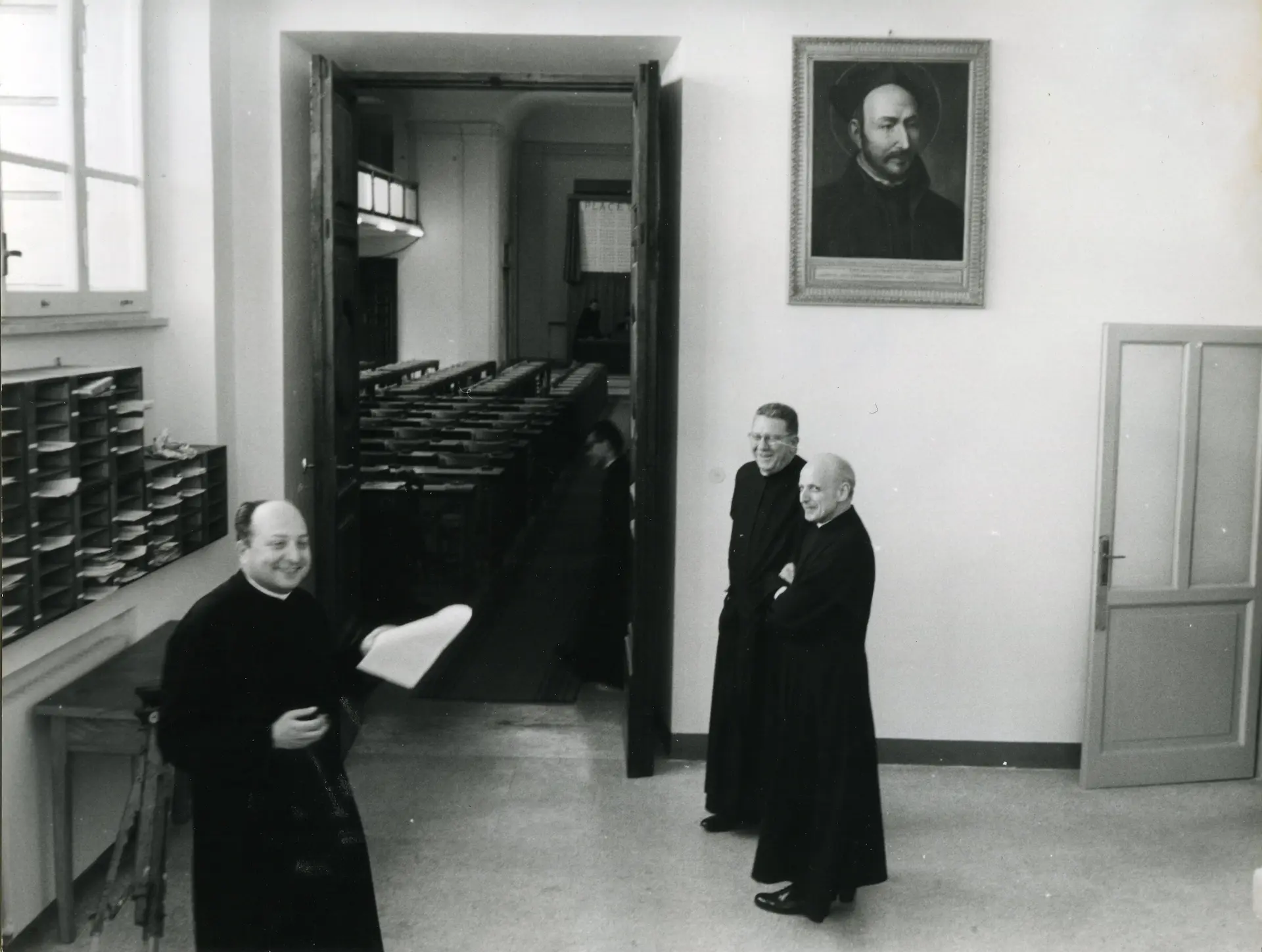Discover
About the Jesuits
For more than 450 years, Jesuit priests and brothers have lived an amazing story of serving the Church in new and unexpected ways.
We are still men on the move, ready to change place, occupation, method — whatever will advance our mission in the Church. We are willing to do anything and go anywhere to teach about Jesus Christ and preach his Good News.
The Society of Jesus – also known as the Jesuits – is a religious order of men within the Roman Catholic Church. Founded in 1540 by Ignatius of Loyola and nine companions, the Society numbers close to 17,000 men and is present in more than 125 countries.
Wherever in the Church, even in the most difficult and extreme field, in the crossroads of ideologies, in the front line of social conflict, there has been and there is confrontation between the deepest desires of the human person and the perennial message of the Gospel, there too, there have been, and there are, Jesuits.
Pope Paul VI, Allocution to the 32nd General Congregation
We are joined in our work by laymen and women, both friends and colleagues, who share our vision of service to faith and to the justice that faith demands. The service of faith and justice involves us in everything from spiritual direction and education to the care of homeless young people. We work as teachers, parish priests, psychotherapists, sociologists, historians, theologians, philosophers, writers, painters, technicians and administrators.
We try to dedicate all our work to the Greater Glory of God. We place ourselves in the presence of the God who created all people and ask ourselves the questions that St. Ignatius suggested to his first companions during the period of prayer that led to their permanent companionship:
What have I done for Christ? / What am I doing for Christ? / What will I do for Christ?
About the Jesuit Conference
The Jesuit Conference of Asia Pacific is one of six Jesuit Conferences that coordinate and facilitate the mission of the Jesuits around the world.
The Jesuit Conference serves to bring an international perspective to and on local initiatives.
Jesuit communities and apostolic works are organised by provinces and regions that belong to six Conferences around the world.
The Jesuit Conference of Asia Pacific covers Jesuit life and service in Asia and the Pacific, which comprises seven provinces, four regions, and two missions. The seven provinces are Australia, Chinese (China, Hong Kong, Macau, Taiwan), Indonesia, Japan, Korea, the Philippines, and Vietnam. The four Jesuit regions are Malaysia-Singapore, Myanmar, Thailand, and Timor-Leste, while Cambodia and Pakistan are mission territories.

Australia Province
Indonesia Province (IDO)
Philippine Province (PHI)
Timor Leste Region (ETR)
Malaysia-Singapore Region (MAS)
Thai region (TAI)
Myanmar Region (MYN)
Pakistan Mission (PAK)
Cambodian Mission (KAM)
Vietnamese Province (VIE)
Japanese Province (JPN)
Korean Province (KOR)
Chinese Province (CHN)

Australia Province
Indonesia Province (IDO)
Philippine Province (PHI)
Timor Leste Region (ETR)
Malaysia-Singapore Region (MAS)
Thai region (TAI)
Myanmar Region (MYN)
Pakistan Mission (PAK)
Cambodian Mission (KAM)
Vietnamese Province (VIE)
Japanese Province (JPN)
Korean Province (KOR)
Chinese Province (CHN)

The Superior General of the Society of Jesus appoints a president to oversee the work of each Jesuit Conference.
The President works in union with an Assembly of Major Superiors comprising the major superiors of the provinces and regions within the Jesuit Conference.
The cooperation fostered by the Jesuit Conference is an “undeniable necessity’ for the Society to realise its apostolic mission in an area with at least one third of the world’s population and a large proportion of its indigenous peoples. Christianity is a tiny minority in Asia Pacific which is home to several major religions and to ancient, deep spiritual and cultural traditions. In our Jesuit Conference are the two most populous Muslim countries, Indonesia and Pakistan; four of the five countries that adhere to Theravada Buddhism, Laos, Cambodia, Myanmar and Thailand; and all the countries of Confucian culture.
Although only the Philippines and Timor-Leste are predominantly Catholic Christian, the area is a fast-growing part of the Society of Jesus, along with other parts of Asia and Africa. The approximately 1,500 Jesuits in the Jesuit Conference of Asia Pacific account for about 10 percent of the total number of Jesuits in the world.
The Jesuit Conference of Asia Pacific began as the Bureau of Asian Affairs (BAA) in 1967 after General Congregation 31, which promoted international cooperation under the leadership of then Fr General Pedro Arrupe.
Its name was subsequently changed to the Jesuit Conference of East Asia and Oceania before it was renamed the Jesuit Conference of Asia Pacific in March 2010 to help build a greater sense of identity as one body and facilitate greater cooperation and support among its members.


The Jesuit Conference’s vision and scope have also widened to include a greater role in Society governance and leadership in facing new frontiers.
Today about a dozen coordinators have international responsibilities as secretaries for their apostolic sectors, working from their ministry bases in various countries. The Jesuit Conference of Asia Pacific is also responsible for the East Asian Pastoral Institute and the Arrupe International Residence.


our history in asia pacific
Francis Xavier: Founder of the Jesuit Mission in Asia, Our Inspiration today.
May 1542
Jesuits have been in Asia from the first days of the Society of Jesus, when Francis Xavier landed in Goa in May 1542
One of the founding members of the Society, Xavier opened new ways of access in his mission to bring the Gospel to the world and is regarded as the founder of the Jesuit mission in Asia.
Xavier crossed large parts of Asia, covering what are now vital units for Jesuits in this part of the world
1552
Xavier was never to fulfil his dream of a mission to mainland China.
30 years later
But his dream of a mission to China was fulfilled 30 years later by Matteo Ricci who, perhaps by divine providence, was born in the very year Xavier died.
Centuries Later
